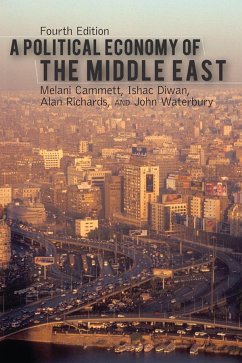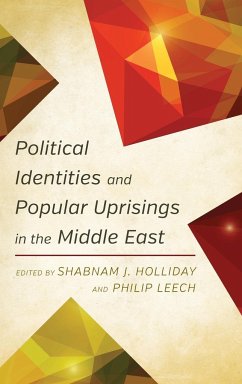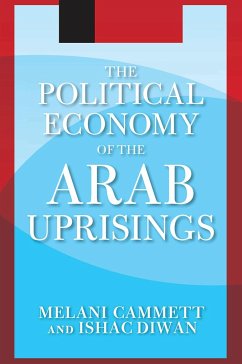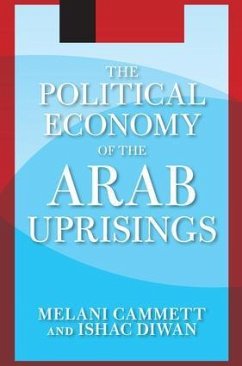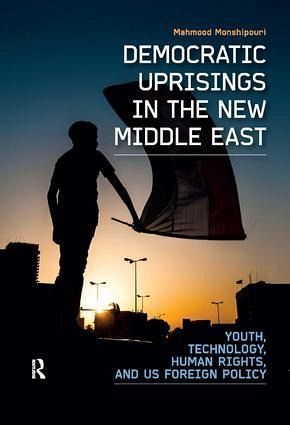
Democratic Uprisings in the New Middle East
Youth, Technology, Human Rights, and US Foreign Policy
Versandkostenfrei!
Versandfertig in 1-2 Wochen
199,99 €
inkl. MwSt.
Weitere Ausgaben:

PAYBACK Punkte
100 °P sammeln!
As Egypt retreats from its newly elected government and Syria moves from one crisis to another, this book's reflection on the Arab Spring could not be more timely. Monshipouri's account of the role of emotion, solidarity, and online activism is informed by several trips to the region that continue to this day. The uprisings were fueled by a demographic surge of young people unable to find employment and frustrated by the lack of freedom, and now the elected regime has been ousted for failing to address these continuing circumstances. While modern technologies and social media may have brought ...
As Egypt retreats from its newly elected government and Syria moves from one crisis to another, this book's reflection on the Arab Spring could not be more timely. Monshipouri's account of the role of emotion, solidarity, and online activism is informed by several trips to the region that continue to this day. The uprisings were fueled by a demographic surge of young people unable to find employment and frustrated by the lack of freedom, and now the elected regime has been ousted for failing to address these continuing circumstances. While modern technologies and social media may have brought new politics to the streets, organization on the ground trumps the enthusiasm of young protesters when it comes to shaping a country's political future. How to turn elections into democracy in these post-conflict societies continues to be a daunting task, especially in countries with a longstanding history of military involvement in politics now experiencing a resurgence. This book addresses all of these subjects in an engaging and accessible narrative. Key features of the text: Organized around issues dealing with the political economy of revolt, youth, and cyberspace, and the rising significance of human rights and moral ideals for the younger generation Analyzes regional tensions in Libya, Bahrain, and Syria and their consequences for US foreign policy in the MENA region Covers the rise of Iran's "Green Movement," the "April 6 Movement" in Egypt, and the increasing significance of the role of women in the Arab Spring




